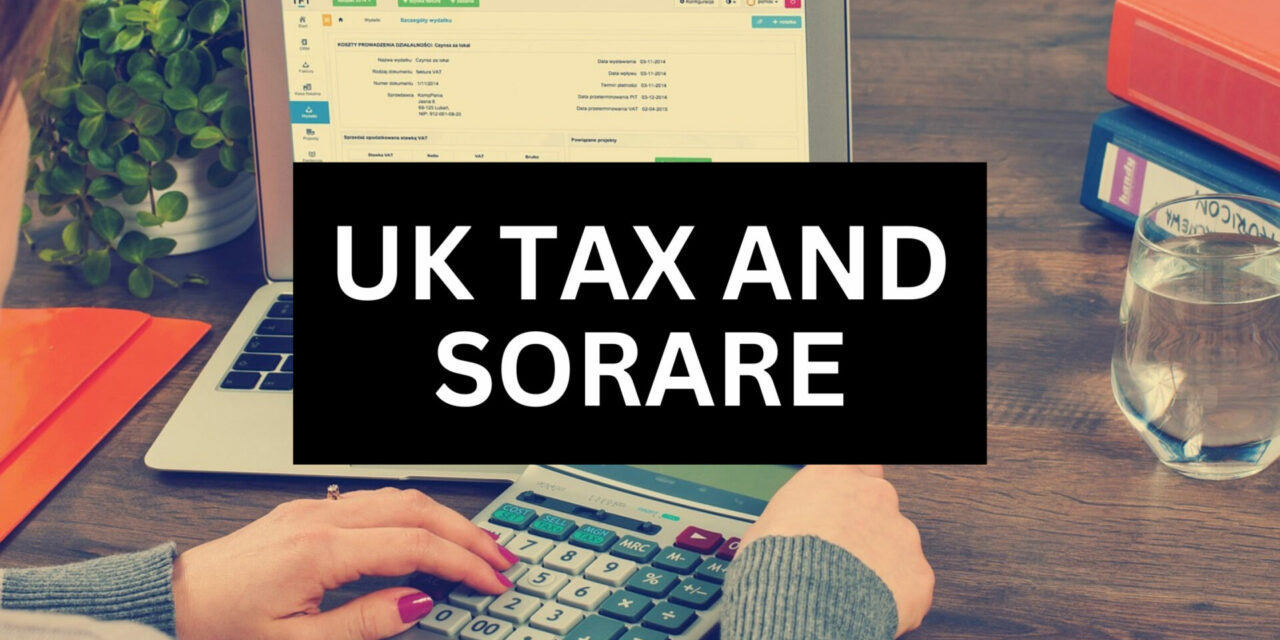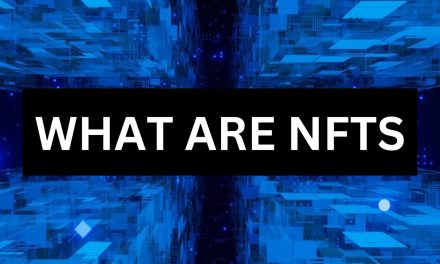As the popularity of cryptocurrencies and non-fungible tokens (NFTs) continues to rise, it’s crucial for individuals in the United Kingdom (UK) to understand the tax implications associated with these digital assets and this includes these assets on Sorare. In this blog, we will delve into the current crypto and NFT tax laws in the UK, including how they are classified, how they are taxed, and what individuals need to keep in mind when dealing with these assets.
Classification of Cryptocurrencies and NFTs for Tax Purposes
In the UK, cryptocurrencies are not recognized as legal tender, but they are treated as property for tax purposes. This means that when you buy, sell, or exchange cryptocurrencies, you may be subject to capital gains tax (CGT) or corporation tax, depending on whether you are an individual or a company.
NFTs, on the other hand, are unique digital assets that represent ownership of a specific digital item, such as artwork, collectibles, or virtual real estate. In the UK, NFTs are also treated as property for tax purposes, similar to cryptocurrencies, and may be subject to CGT or corporation tax.

Taxation of Cryptocurrencies and NFTs
As a blockchain-based fantasy football game that utilizes non-fungible tokens (NFTs) and the Ethereum blockchain, Sorare has unique tax implications in the United Kingdom (UK). Here’s a breakdown of the potential tax considerations for Sorare fantasy football NFTs and Ethereum in the UK:
Capital Gains Tax (CGT): If you are an individual in the UK and you sell your Sorare NFTs or Ethereum for a profit, you may be subject to CGT. The gain subject to CGT is calculated as the difference between the selling price and the cost of acquiring the asset, minus any allowable expenses, such as transaction fees. The current CGT rates in the UK for individuals are 10% for basic rate taxpayers and 20% for higher and additional rate taxpayers, with an annual CGT exemption amount of £6000 for the tax year 2023/2024 (previously £12300). It’s important to keep records of your transactions and accurately calculate any gains or losses for tax purposes.
Corporation Tax: If you are a company in the UK and you hold Sorare NFTs or Ethereum as part of your business activities, any profits made from buying and selling these assets may be subject to corporation tax. Corporation tax is currently levied at a rate of 19% in the UK. Different rules may apply to companies that are engaged in cryptocurrency trading as part of their business activities, so it’s crucial to seek professional tax advice.
Value-Added Tax (VAT): In the UK, NFTs are treated as exempt supplies for value-added tax (VAT) purposes. This means that transactions involving Sorare NFTs are not subject to VAT. However, it’s important to note that VAT rules can change, and it’s always wise to stay updated with the latest regulations.
Ethereum as a Cryptocurrency: In the UK, Ethereum is treated as a cryptocurrency and is subject to the same tax rules as other cryptocurrencies. If you use Ethereum to purchase Sorare NFTs or conduct other transactions, you may be subject to CGT or corporation tax, depending on your circumstances.
Income Tax: If you receive Ethereum as payment for goods or services, it may be considered as income and subject to income tax. The value of the Ethereum received would be treated as the equivalent value in GBP at the time of receipt, and income tax would be calculated based on your income tax rate for the applicable tax year.
Record-Keeping and Professional Advice:
Keeping accurate records of all your Sorare NFT and Ethereum transactions, including acquisition, disposal, and allowable expenses, is crucial for accurate tax reporting in the UK. It’s also recommended to seek professional tax advice from a qualified tax advisor or accountant who is knowledgeable in cryptocurrencies, NFTs, and blockchain-based games like Sorare.

Keeping track of all these transactions can be difficult to do but our partner Sorare Tools help with this and also have some expert crypto tax partners. Check them out and get 30% off for being a Sorare Assist Member (Patreon).
It’s important to note that tax laws and regulations can change, and it’s always wise to stay updated with the latest guidance from HM Revenue & Customs (HMRC) or seek professional tax advice to ensure compliance with UK tax laws when dealing with Ethereum or any other cryptocurrencies.
I would like to clarify that the information provided in this blog is for general informational purposes only and should not be considered as legal, financial, or tax advice. Tax laws and regulations can vary by jurisdiction and are subject to change, and the specific tax treatment of Sorare or any other NFTs in the UK may depend on various factors, including individual circumstances and the interpretation of relevant tax laws by HM Revenue & Customs (HMRC).
It’s crucial to seek professional tax advice from a qualified tax advisor or accountant who is knowledgeable in the area of cryptocurrencies and NFTs and is familiar with the latest UK tax laws and regulations. This blog does not substitute professional tax advice, and the author and publisher of this blog disclaim any liability for any actions taken or not taken based on the information provided herein.
It’s also important to note that tax laws and regulations related to cryptocurrencies and NFTs are still evolving, and it’s essential to stay updated with the latest guidance from HMRC or other relevant authorities. Always consult with a qualified professional before making any tax-related decisions or taking any actions that may have tax implications.

















Recent Comments